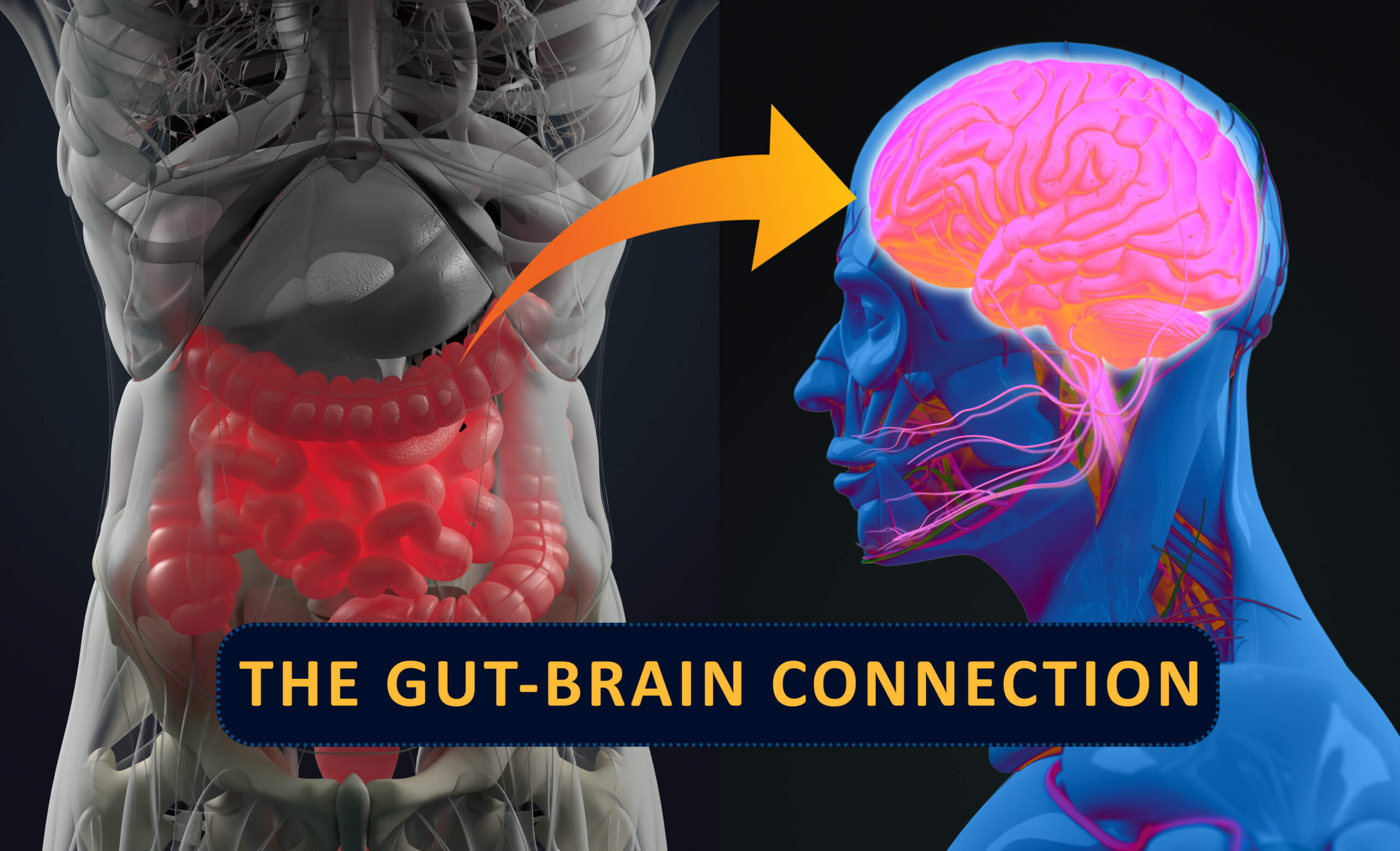New research points to how gut microbes and the brain are in constant communication to regulate appetite and body temperature. This latest study shows that neurons in the hypothalamus detect changes in gut bacteria and use it as a signal of how much food is being taken into the body.
Scientists say their research suggests that taking advantage of this gut-brain relationship could help to create new treatments for tackling obesity and diabetes.
“Excessive intake of a specific food may stimulate the disproportionate growth of certain bacteria or pathogens, thus jeopardizing intestinal balance,” says Gérard Eberl, Head of the Microenvironment and Immunity Unit at the Institut Pasteur (Inserm) in a press release.
The team focused on the NOD2 (nucleotide oligomerization domain) receptor found in immune cells as it helps detect muropeptides. Muropeptides are components that make up the bacterial cell wall. Genetic variations of the NOD2 receptors have been linked to digestive disorders such as Crohn’s disease along with neurological diseases and mood disorders. However, prior research failed to find enough evidence to establish a direct relationship between brain activity and gut bacterial activity.
The NOD2 receptor is found in different brain areas, including the hypothalamus. In the current study, the team found that these neurons’ electrical activity is blocked when they come in contact with bacterial muropeptides from the gut.
“Muropeptides in the gut, blood and brain are considered to be markers of bacterial proliferation,” explains Ivo G. Boneca, Head of the Biology and Genetics of the Bacterial Cell Wall Unit at the Institut Pasteur. When the NOD2 receptor is not there, the neurons are not affected by muropeptides but the brain loses control of food intake and body temperature. In mice, the absence of NOD2 receptors led to rapid weight gain. It also led to an increased risk of Type 2 diabetes, especially in older females.
The findings suggest brain cells detect bacterial muropeptides directly, an activity that was originally thought to be assigned to immune cells. “It is extraordinary to discover that bacterial fragments act directly on a brain center as strategic as the hypothalamus, which is known to manage vital functions such as body temperature, reproduction, hunger and thirst,” comments Pierre-Marie Lledo, CNRS scientist and Head of the Institut Pasteur’s Perception and Memory Unit.
With muropeptides playing such an influential role on neurons in the hypothalamus and metabolism, it begs the question of how important are their roles in other brain functions. The team suggests understanding the relationship between muropeptides and the brain could help in better understanding brain diseases that have genetic variants of NOD2.
The study is published in the journal Science.
